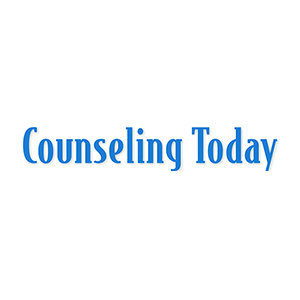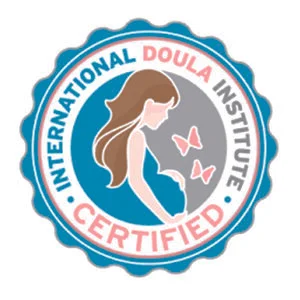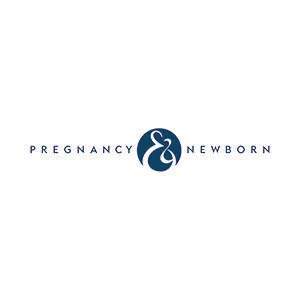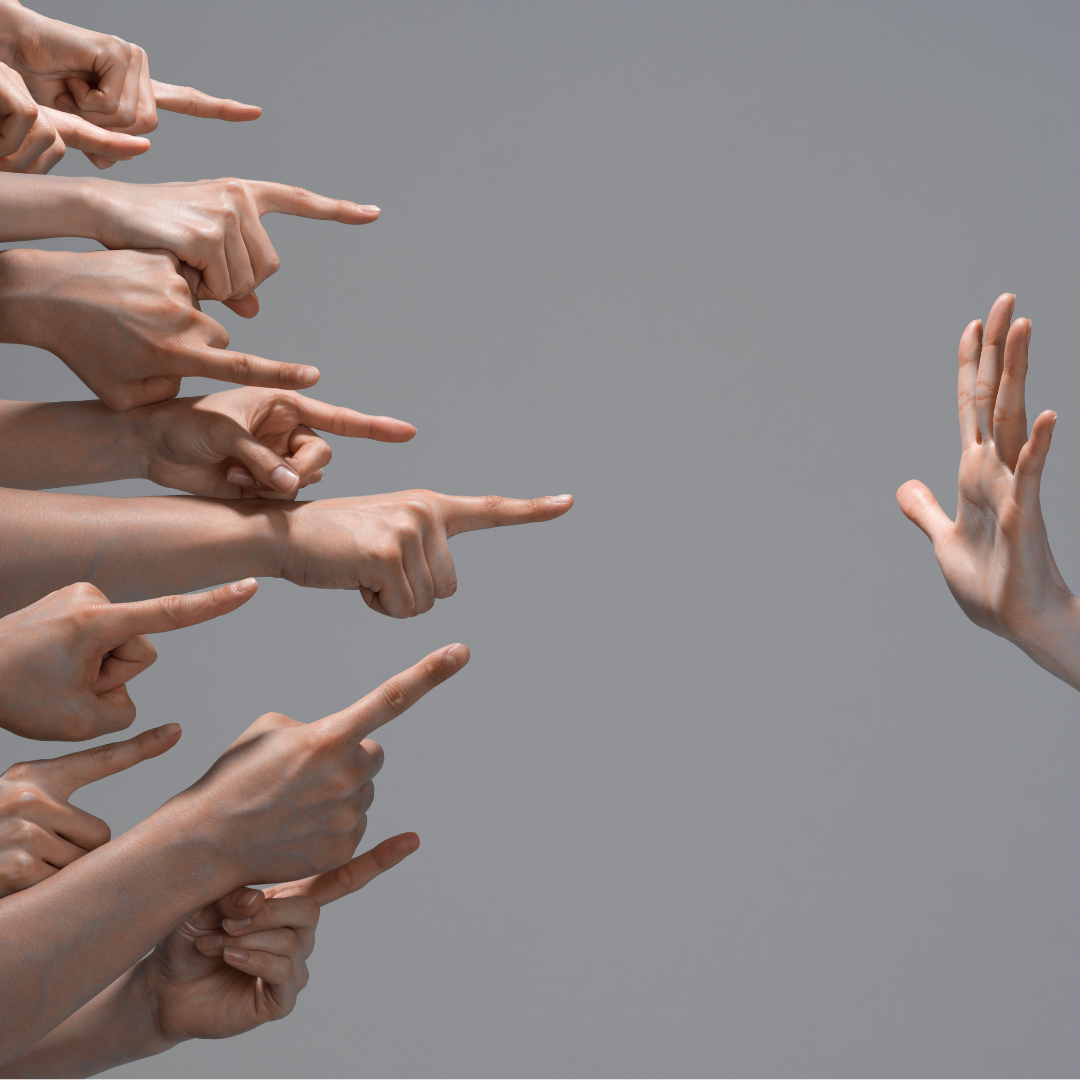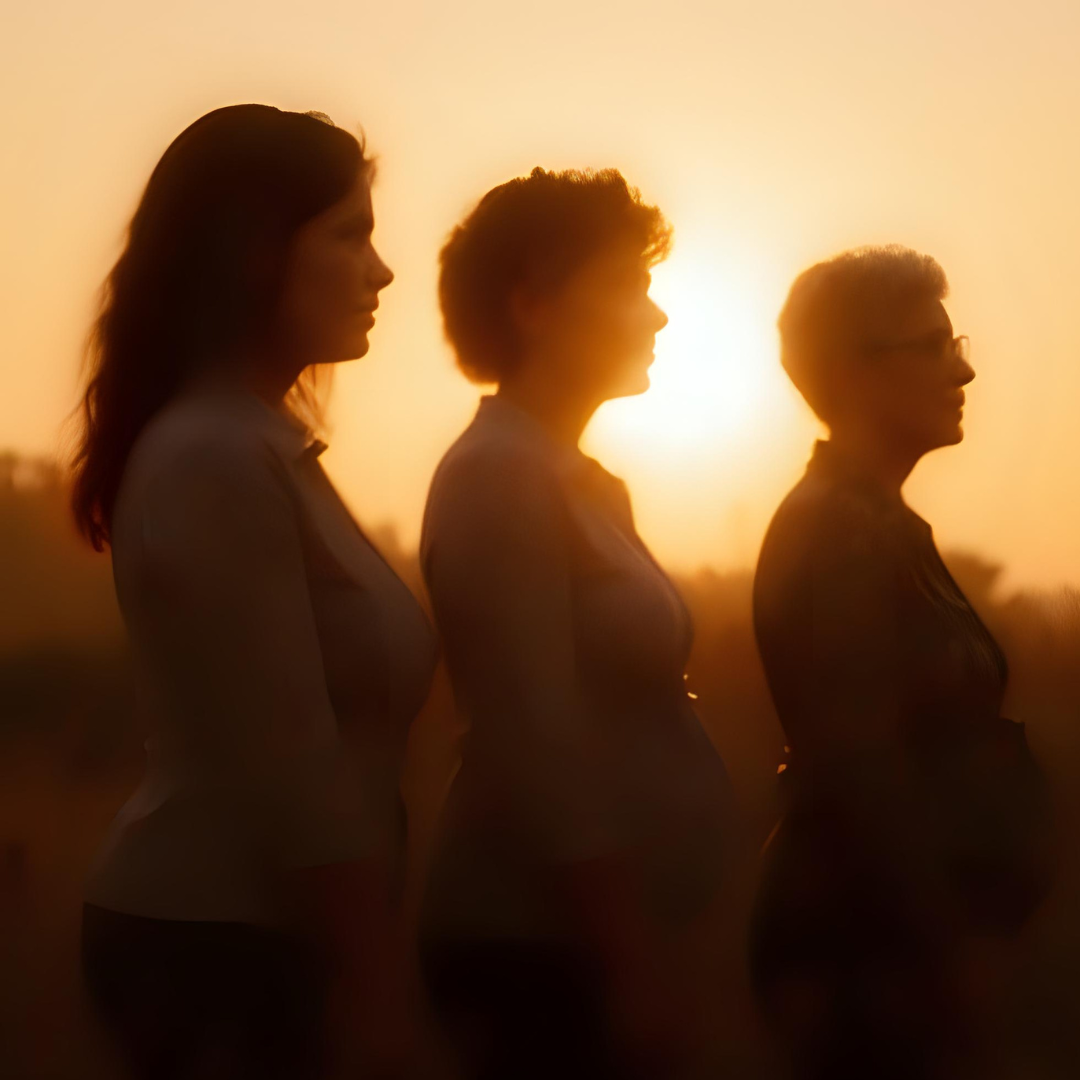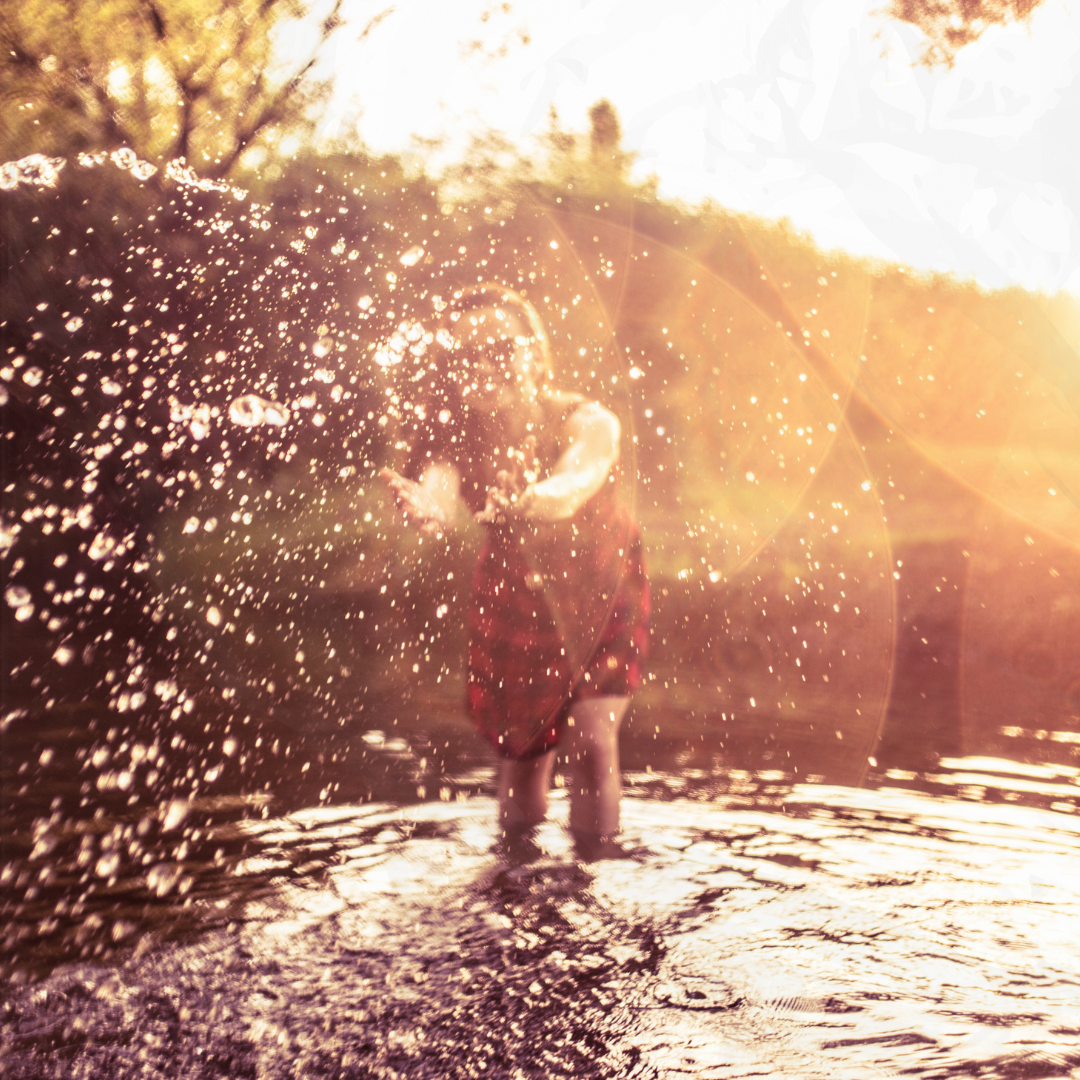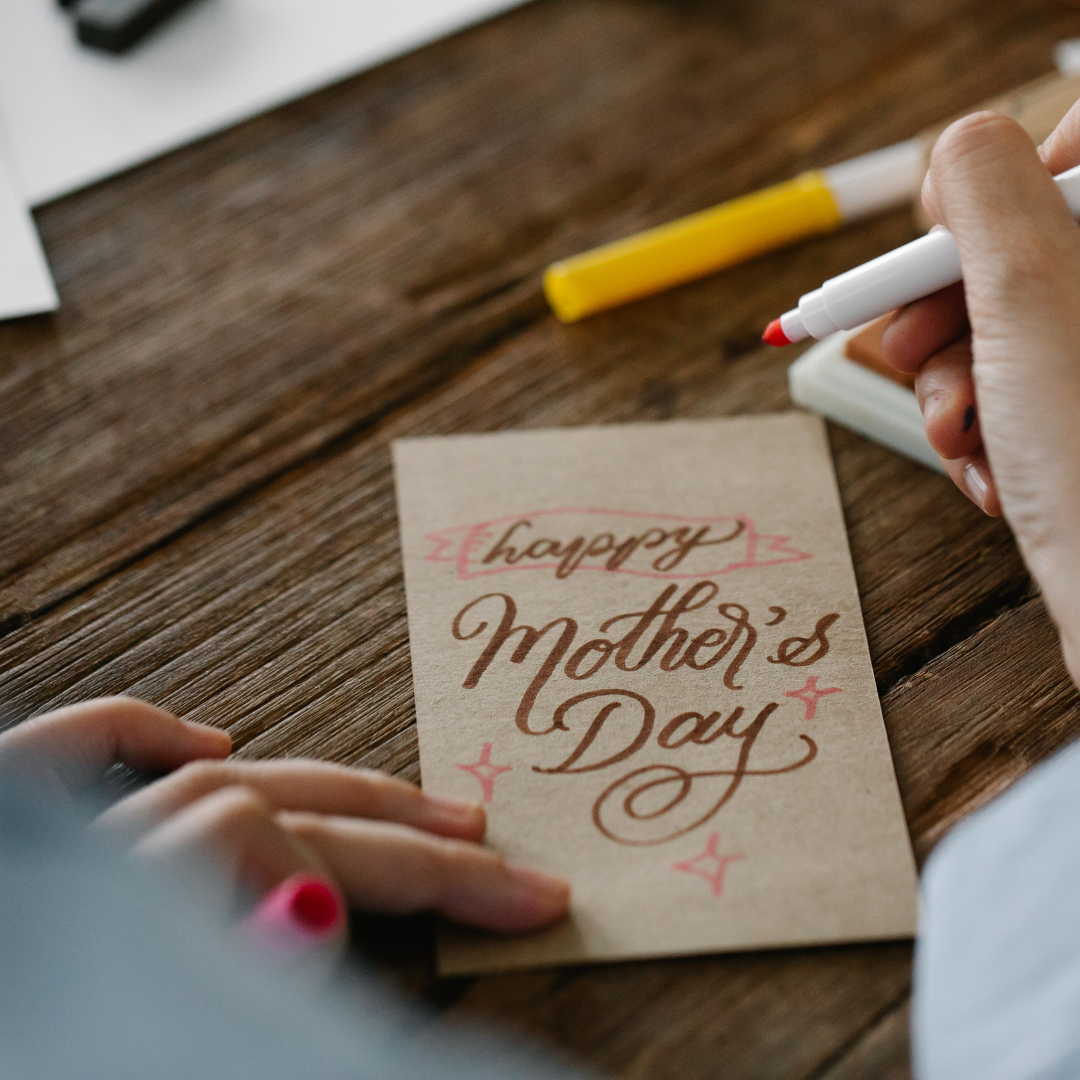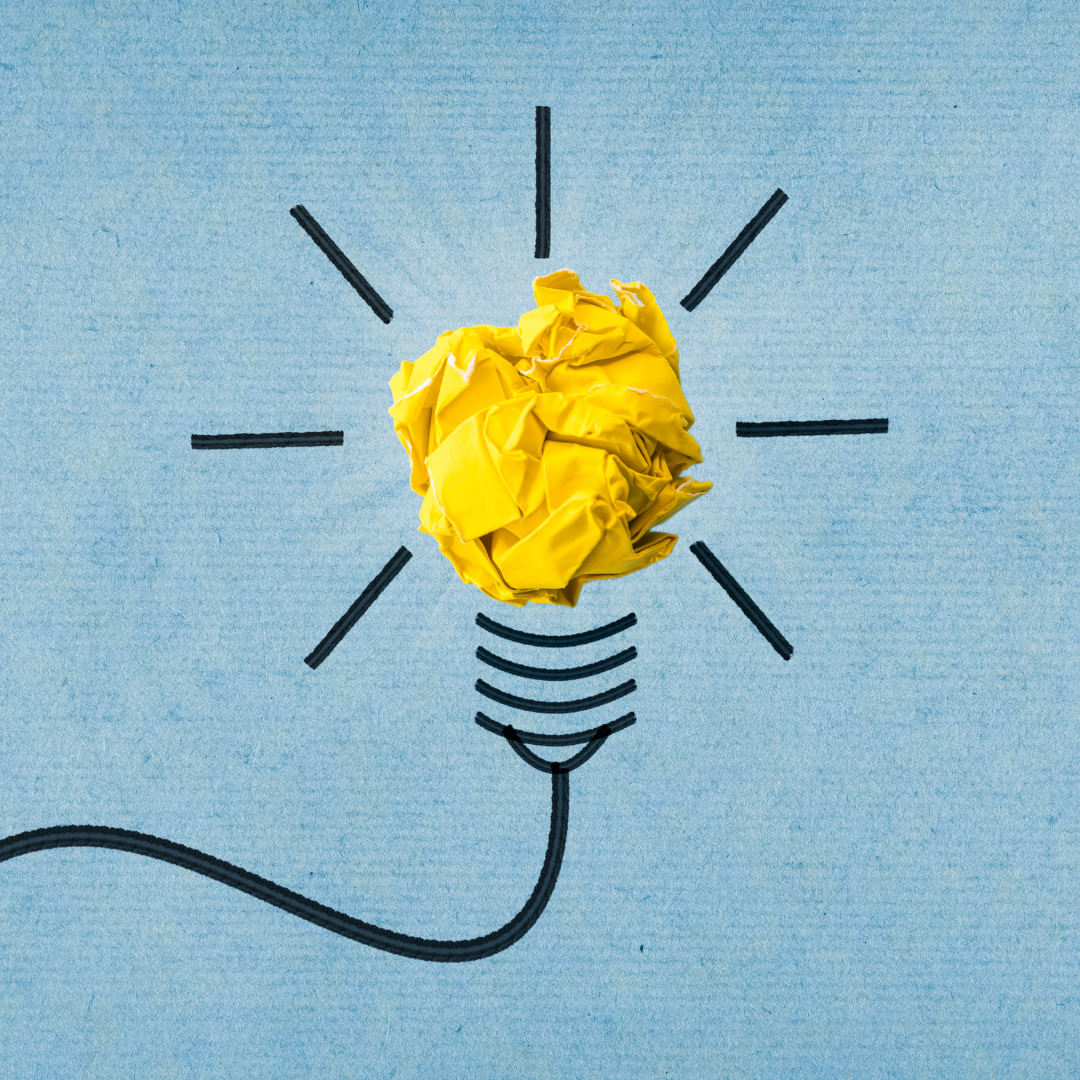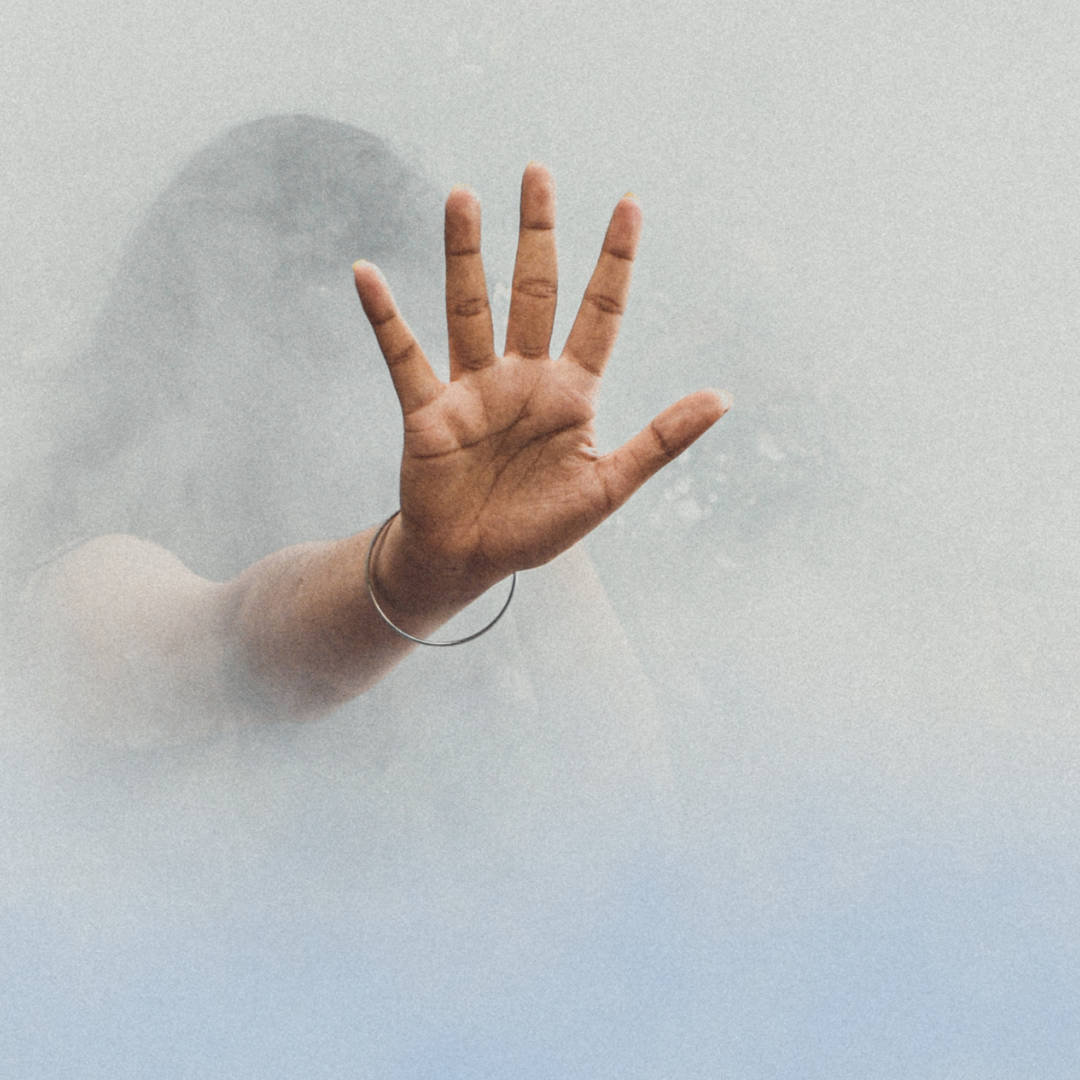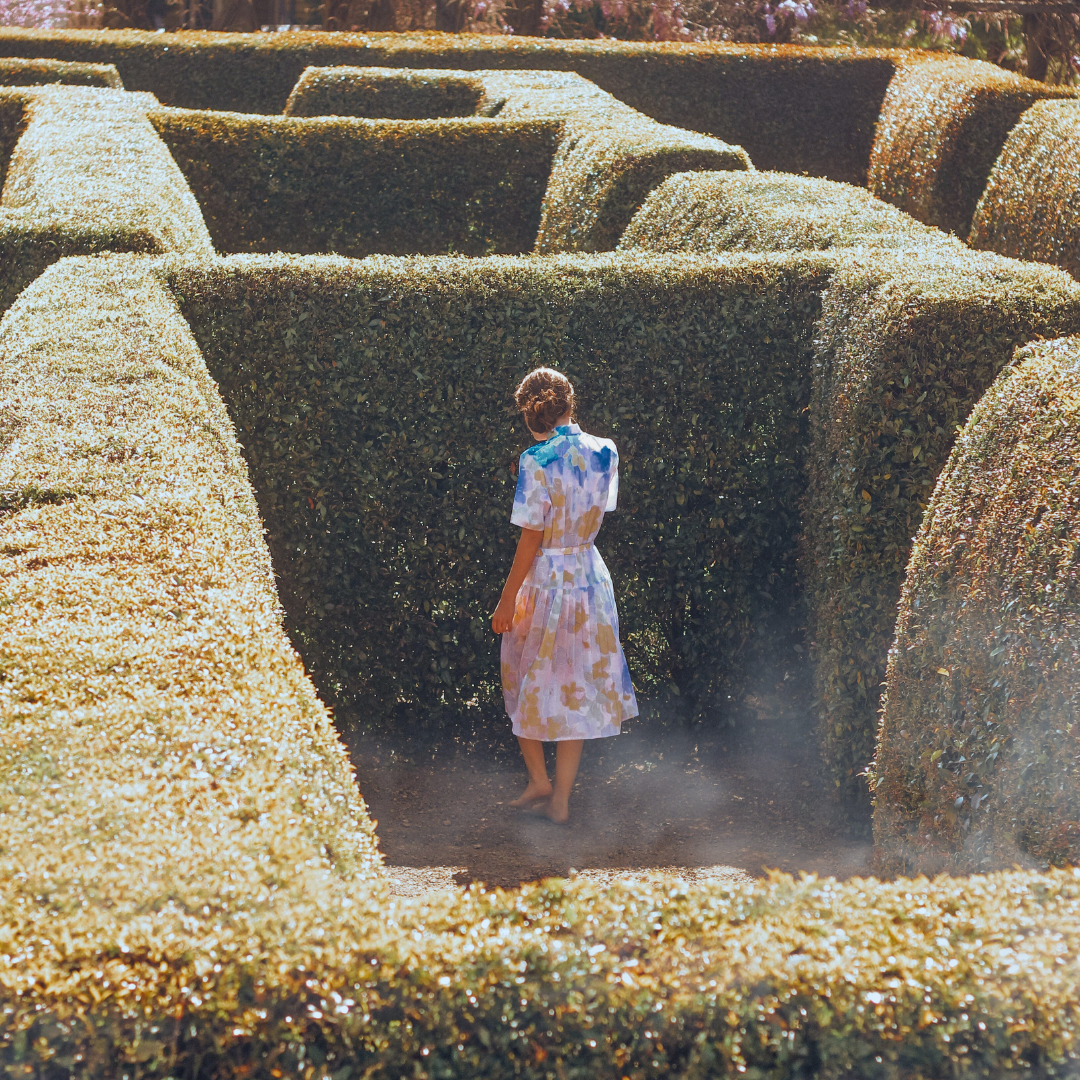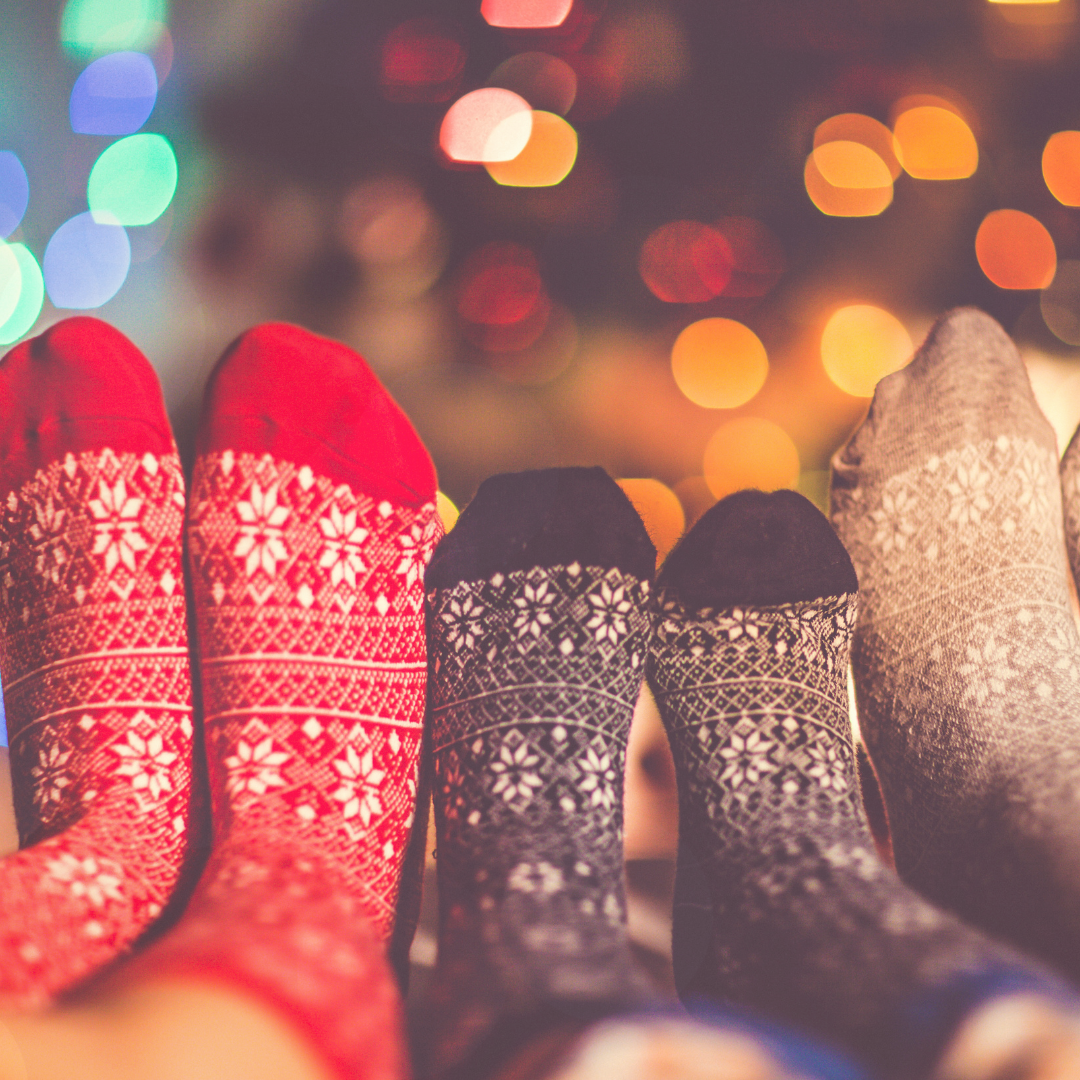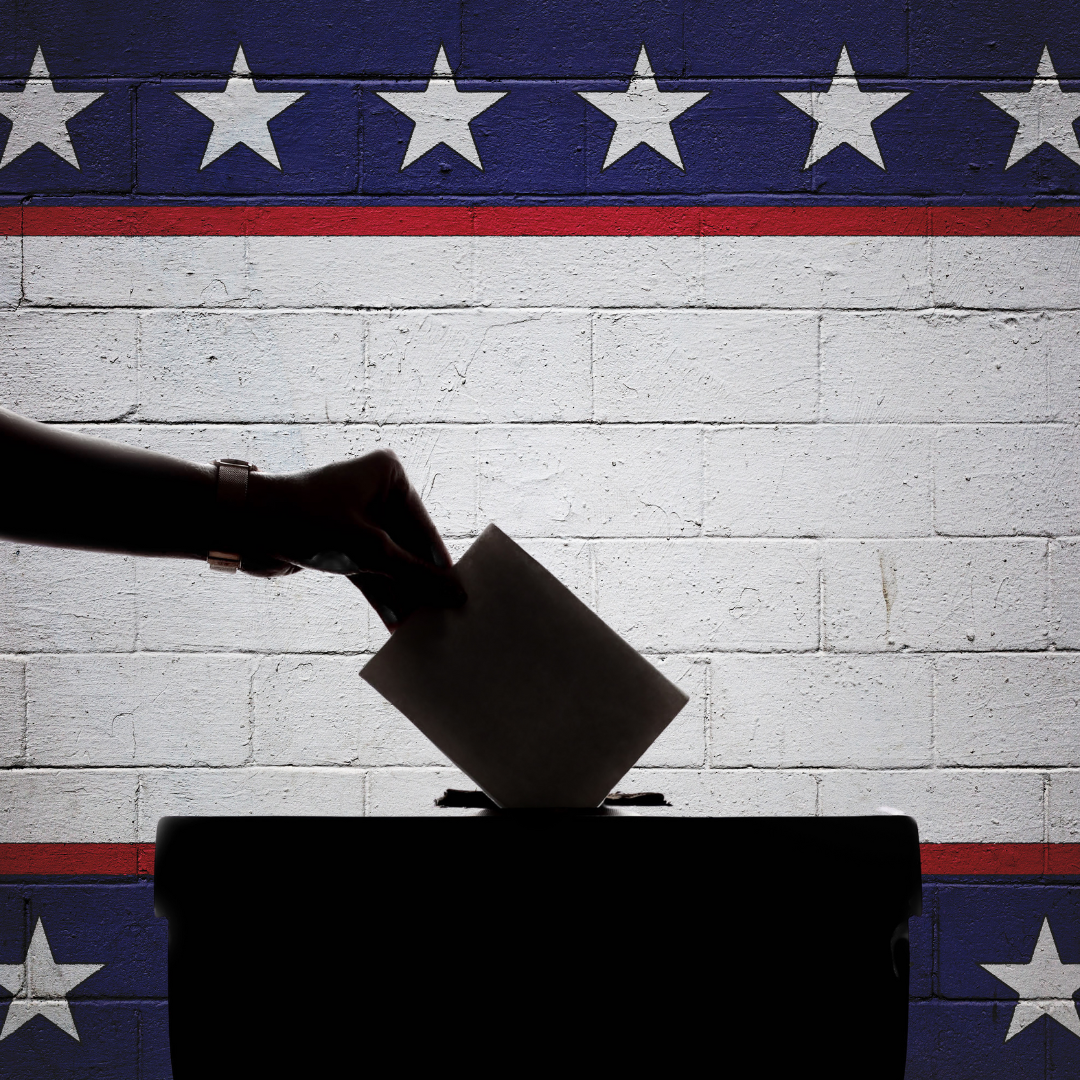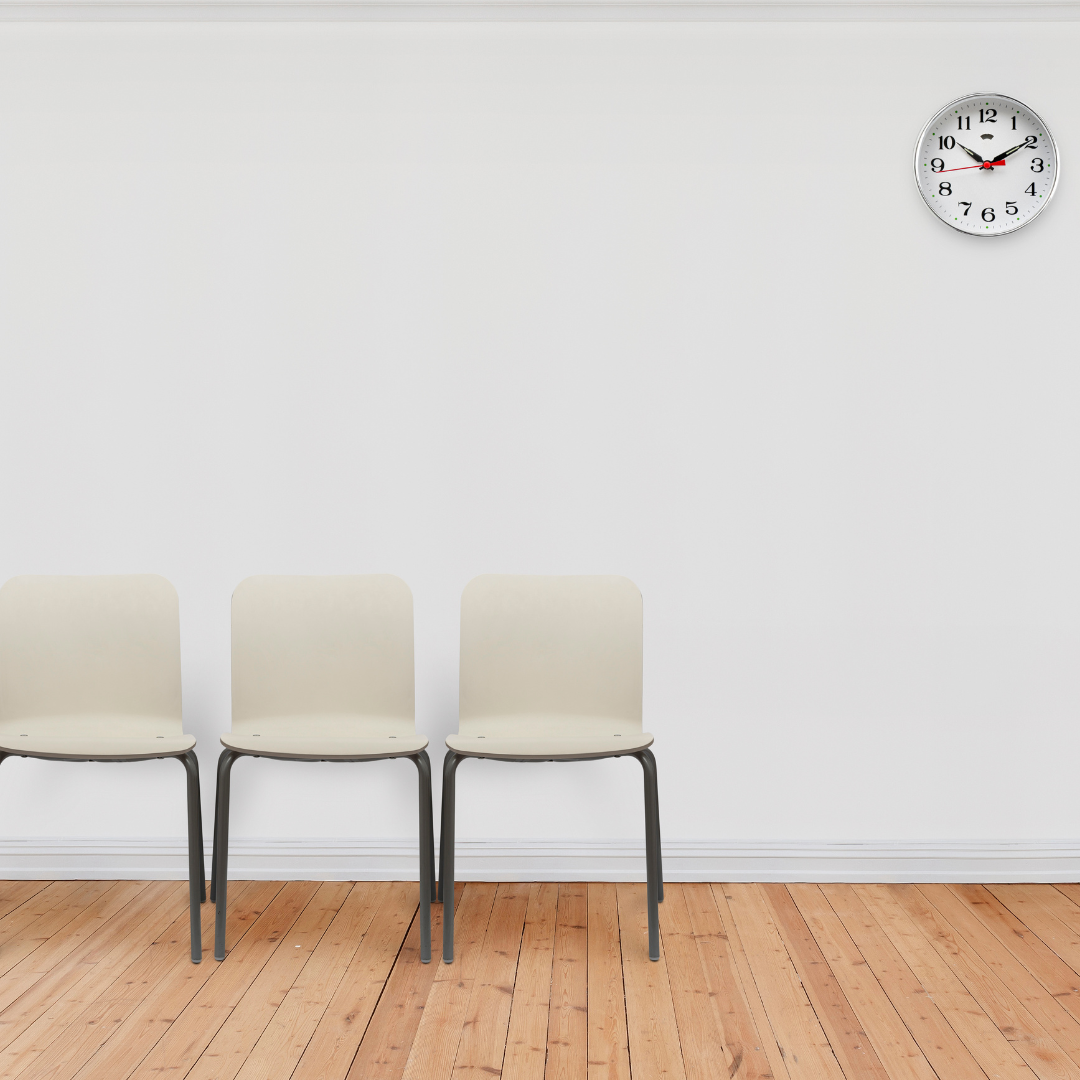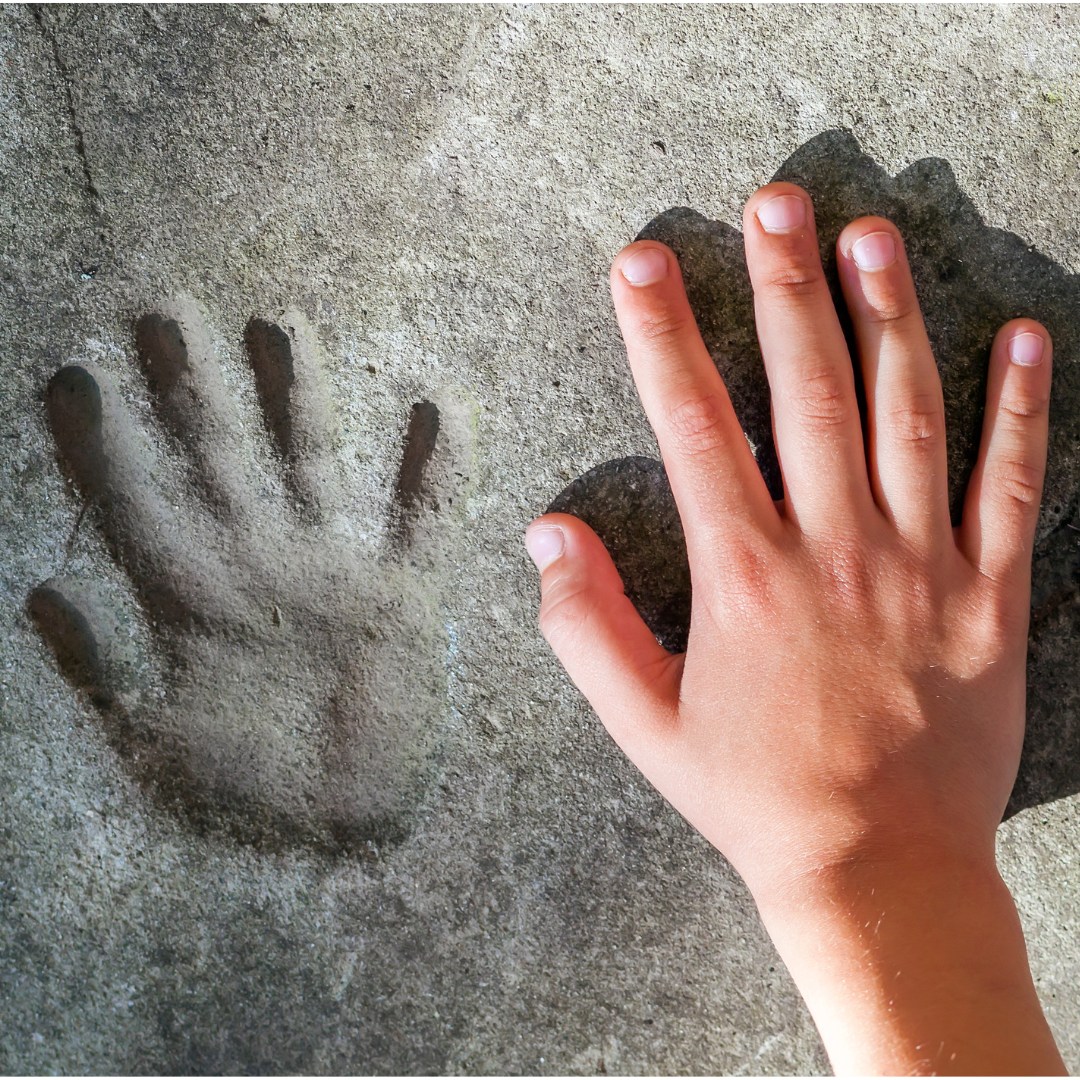Out With Lanterns, Looking for Ourselves
Dear Friends,
“I am out with lanterns looking for myself.”
~Emily Dickinson
From the extremely fortunate vantage point that I have in my profession, I always have a strong sense of how women are faring in their lives at any point in time. Right now, most are moving through this season feeling quietly overwhelmed. The country is unmoored, chaotic, and showing us stunning displays of cruelty and depravity. From mother to mother (including those trying very hard to be one), if we are in touch with our own moral compass and empathy for others, this is leaving us bereft. We are feeling overwhelmed and overstimulated, bombarded with bad news each day. This reality adds to the complexity of our own private lives; many are also carrying stories of fertility struggles, pregnancy and infant loss, postpartum exhaustion, illness, caregiving, identity shifts, and grief. It was already so much to hold. How can we take any more?
A Parent’s guide to Wintering
Dear Friends,
The lifestyle concept of “wintering” is everywhere right now. (Based on the book Wintering by Katherine May) It's a beautiful concept that emerges as an antidote to hustle culture, where exhaustion is worn as a badge of honor. Wintering is the idea that, just as animals and plants conserve energy and adapt in literal winter, humans can benefit from slowing down and conserving inner resources. We as humans do need to rest and recharge in the winter with the natural rhythms of the calendar year — particularly after the holidaze! But…can parents participate?
Why Is Everything Mom’s Fault?
It’s a pattern so ingrained in our culture that we often don’t notice it. When something goes wrong with a child’s health or behavior — we blame the mother.
For decades, the burden of caring for children with disabilities has been quietly, and often cruelly, placed on the backs of moms. We’ve baked mom blame into our medical systems, our public policies, and even the way we talk about childhood disability and poverty, and in doing so we’ve unfairly yoked moms with both an impossible task and the guilt of failing to meet an impossible standard.
From Puberty to Power: The Hormonal Hat Trick
Let’s take a moment to appreciate the hormonal hat trick that is womanhood: puberty, pregnancy, and perimenopause. Throughout women’s lives, these major hormonal shifts are changing us physically, mentally, and emotionally.
Let’s Talk About Sex, Baby
Maybe it’s because we have such conflicting messages around sex or maybe it’s just because the topic is so intimate, but either way, talking about your sex life (or lack thereof) isn’t something most of us do with many people. We’re even less likely to air sexual challenges to a wide group. Shifts in sexual desire are frequently relegated to conversations behind closed doors or panicky google searches.
We can find it hard to discuss something so intimate when we’re feeling vulnerable, and when our partner, the person we usually confide in, isn’t experiencing the same thing, that sense of brokenness and isolation can be even more palpable.
For those reasons, therapists hear from people who feel alone in having no interest in sex and even feel shame for that. We’re here to say that there are many reasons and seasons for decreased sexual intimacy that are incredibly common especially for someone who is pregnant, postpartum, parenting, grieving, or dealing with a major life stressor.
One and Done: The Many Reasons I Chose to “Only” Have One Child
Our owner and clinical director, Kellie Wicklund was featured in this article about why one woman made the decision to be “one and done"."
Summertime and the Living Ain’t Easy
Summer doesn’t summer like it used to. That feeling of finishing all your schoolwork, rushing home, and dumping your backpack for the next 12 weeks, just isn’t easily recaptured in adulthood. When we were kids, summer meant popsicles, unstructured days, staying up late, and the best boredom life had to offer.
Managing Our Own Meltdowns
The common wisdom is that we as parents need to be a place of calm for our children so we can help them co-regulate, but if that’s the case, what happens when we are feeling dysregulated ourselves. And why is it that times when our kids are most struggling are often least able to self-regulate?
Mother’s Day Is Complicated — And That’s Okay
Motherhood is complicated—who better to affirm this than the people who have dedicated their professional lives to trying to understand it. Given the complexity, it’s unsurprising that a day dedicated to mothers would be a day that is uniquely complicated and often hard.
Like any holiday that comes with lots of expectations, build-up, and competing family needs, Mother’s Day set up for stress. Of course, there are many parents out there who love the holiday and have a schedule that works for them. However, there’s also a large contingent of people who struggle with how to best spend a day that brings up lots of complicated feelings.
We are all creative (even you!)
When we adapt skillfully, we grow and sustain. To do so, imagination and creativity are required. But so many of us falsely believe that we’re “not creative”.
The contemporary notion of creativity is often regarded as a unique and valuable trait, reflecting an individual's imaginative capabilities and serving as a way to assert personal identity and vision.
However, in many ancient cultures and philosophical traditions, creativity was not merely an act of self-expression, but a sacred endeavor aligned with maintaining the equilibrium of existence. The concept of “cosmic order”—whether articulated as Ma’at in ancient Egypt, Rta in Vedic India, or the Tao in Chinese philosophy—embodies the principle that the universe operates in an intrinsic balance. From this perspective, creativity becomes an act of participation in this universal order.
The Inner Shield: How Mental Defenses Shape Your Reality
Folks are activated in various “defenses” right now. Defenses are what psychodynamic therapists call the processes we all use to protect ourselves from uncomfortable or stressful events, actions, or thoughts. These are unconscious strategies our brain deploys to distance us from things like stress, guilt, shame, or other negative emotions.
You can imagine your subconscious as a stealthy bodyguard monitoring you as you go about your life. When it believes danger is nearby, it reacts with a defense mechanism to protect from psychological harm without you having to ask and or even notice. Because these defenses activate subconsciously, they can prevent us from accurately perceiving our reality.
The “Do-It-All” Parent Trap
Unfortunately, our world was—quite literally—not built for women to have choices. Our traditions and social structures are designed around the unpaid labor of women. And conversely, men were not expected to live complex emotional or family lives.
The productivity standards for the 40-hour work week were created with the assumption of a full-time stay-at-home wife who would take care of everything else, leaving a man to focus on his career at even the exclusion of his own self-care. Someone else was shopping for groceries, cleaning the bathroom, making a home-cooked dinner, scheduling doctors’ appointments, managing the social calendar, and eventually assuming full responsibility for the children.
The Joyful Defiance of Life Well-lived
As we’ve contemplated how to move forward when we feel so tender about the possibilities, we’ve found ourselves inspired by the work of Tricia Hersey, author of “Rest is Resistance.” Hersey expounds on the subversive power of resting. She advocates choosing to rest as a way of resisting dominant cultural norms by embracing the liberation of the self while rebelling against the notion that we are only as good as what we produce.
In that spirit, we are framing our 2025 as the year of a living well as a form of joyful defiance of anything and anyone that tries to tell us that we are less than or unworthy. We’re choosing a good life as an act of rebellion.
Mindful Merry-making: Intentional Choices for a Peaceful Season
Here’s a glimpse into the holiday pre-flection we’re doing this year to help us to alter our holiday season to optimize the joy. We’re “Marie-Kondo-ing” the holiday season.
We Need Your Voice!
A recent poll by the American Psychological Association found that 7 out of 10 American adults report that the future of the country is a top stressor for them. You aren’t alone. We are close to the end, and we must keep going because the top issues this cycle are ones that will affect families the most significantly: paid family medical leave, childcare costs, maternal health, and reproductive rights.
Stuck in the Waiting Place? Here’s How to Cope.
Even in our world of near instant gratification, there’s no escaping waiting. Life is full of waits big and small. While we can’t discount the frustration of say the DMV, this month we’ve been reflecting on how to survive the particular hell that is waiting when something huge is on the line. These are the waits that come at a crossroads, and we can’t take our next step until we know what direction to go.
These frustrated waits happen all the time in adulthood in big and little ways. You wait for a partner to propose, a diagnosis to come in, the two-week-wait to end, a realtor to call about the house, the job to make an offer, test results to come in, or to finally be a parent. The trap of these in-betweens is that while we wait for more information we are stuck between two futures.
30 Parenting Hacks to Magically Change Your Life (or not)
As we run headlong into fall schedule changes and back to school, our office has been chatting about ways we try to cut parenting corners and make life run a little smoother. This time of year can be so challenging for us and our littles as we all get a bit dysregulated during shifting schedules, new routines, and lots of new experiences. It’s a time of year to give ourselves and our kids a little bit of grace as we navigate additional stress.
Here’s our team’s list of our favorite parenting hacks. No guarantees or promises of success. Like most parenting advice, your mileage may vary, and your kids might cooperate. But hopefully one of these ideas helps you save a bit of sanity this year.
Beating the Blahs with Olympic Spirit
If you, too, have been feeling a little extra pep in your step after watching the Olympics, here’s a few reasons why. And if you’ve been in desperate need of a little pick me up, here’s some ways to tap into those happy feelings while engaging in the Olympics this week.
Unlocking Our Identities Beyond Parenthood
In therapy, we spend a lot of time exploring our concept of self—how we see ourselves, what stories we tell about ourselves, and how we shape and are shaped by our places in the universe.
Of course, parenthood changes all those things and in doing so changes who we are. Parenthood should expand who we are and not define us. You will always be a parent. Being a parent is one of the biggest roles we will have in our lives, but it is not the only one. That piece of who you are will always be with you, but it will never be all of you.
What’s Really Going On In Therapy Anyway?
When you are as immersed in the world of therapy as we are, it can be easy to forget that for many people who come to sit on our couches (or do video telehealth with us from their own couch) this is their first experience. Or someone may be a therapy veteran, but they have always wondered what their therapist is really doing and thinking about. Things we don’t understand often make us feel nervous or vulnerable. To combat that, here’s a peek into what’s going on in therapy, what your therapist is thinking about, and what they are hoping therapy can do for you.

